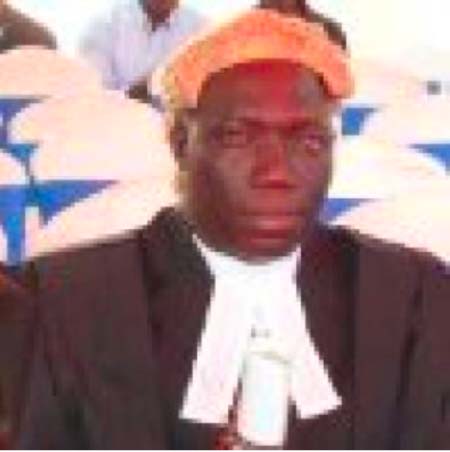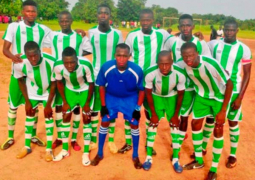
In her testimony, Miss Patricia Fangawa, said she is a businesswoman living in Tallinding, said recognized the accused person.
She recalled that in March 2014, she had a case before the accused person, which involved her and one Julius Chinedu; and she was the defendant.
Magistrate Fatty called her in his office about the matter and asked her to contribute D8,000 to the “Osusu”, which she paid to the accused Fatty and he issued a receipt to her, she said.
She said after some days, the accused called her again and said to her that since she was a businesswoman, she could not be coming to court every now and then.
Hence he wanted to settle the matter out of court, as he had already talked with the complainant who had accepted the deal and it was left to her to decide, she further told the court.
The witness further informed the court that she went back to the accused, who told her to go and collect the D8,000 he had already paid to the accountant.
She went and the accountant gave her the money and issued a receipt to her, adding that she went to the accused’s office with the money and he took the money from her and asked for an additional D10,000, which she also gave to the accused.
As she was about to depart, the accused asked her what she was going to give him as he had settled the matter out of court.
She replied that she was with no money at the point in time, and that the accused should call her later to see what she could give.
She said that around 4 to 5 pm the same day, the accused called her and they decided to meet at Kaw-Junction, adding that she went with D2,000 and a gold wristwatch, which she gave to the accused, who told her the matter was settled.
Later, she received a call from the Bundung Magistrates’ Court; and was told that she was not attending court sittings.
She went to the court, asked for Magistrate Fatty, the accused, and was told he had been transferred to the provinces, to Brikamaba.
The case before the court proceeded and judgment was passed against her, she said, adding that she gave D20,000 in total to the accused, which was the said amount before the court.
When she called the accused asking for her money, as she needed to settle her debts, the accused threatened her with arrest.
She then went to the Sierra Leonean Embassy to lodge a complaint, and she was advised to write to the Ministry of Justice and State House, which she did, and later the police got involved.
Two receipts were tendered in evidence as exhibits by the state counsel, M. Jobe.
Under cross-examination, defence counsel L.S. Camara asked her whether it made any sense for her to pay D20,000 as a bribe instead of paying it to the complainant.
However, state counsel M. Jobe objected to the question, saying the question was trying to solicit the opinion of the witness as to the reasonability or otherwise of paying the sum of D20,000 to the accused person instead of the complainant.
In response, Camara said it was a statement of fact and not soliciting the opinion of the witness.
He said the witness would not say her opinion; rather she would say what she believed in, citing the Evidence Act, which he said, provided that statements of fact are allowed.
State counsel M. Jobe said the section was not applicable in this matter, as it was a criminal case and it was obvious the answer the witness would give would not be a statement of fact but her opinion.
He added that a statement of fact could best be given by the court, after hearing both parties.
The case was adjourned to 15 January 2015, for ruling and continuation of cross-examination.


